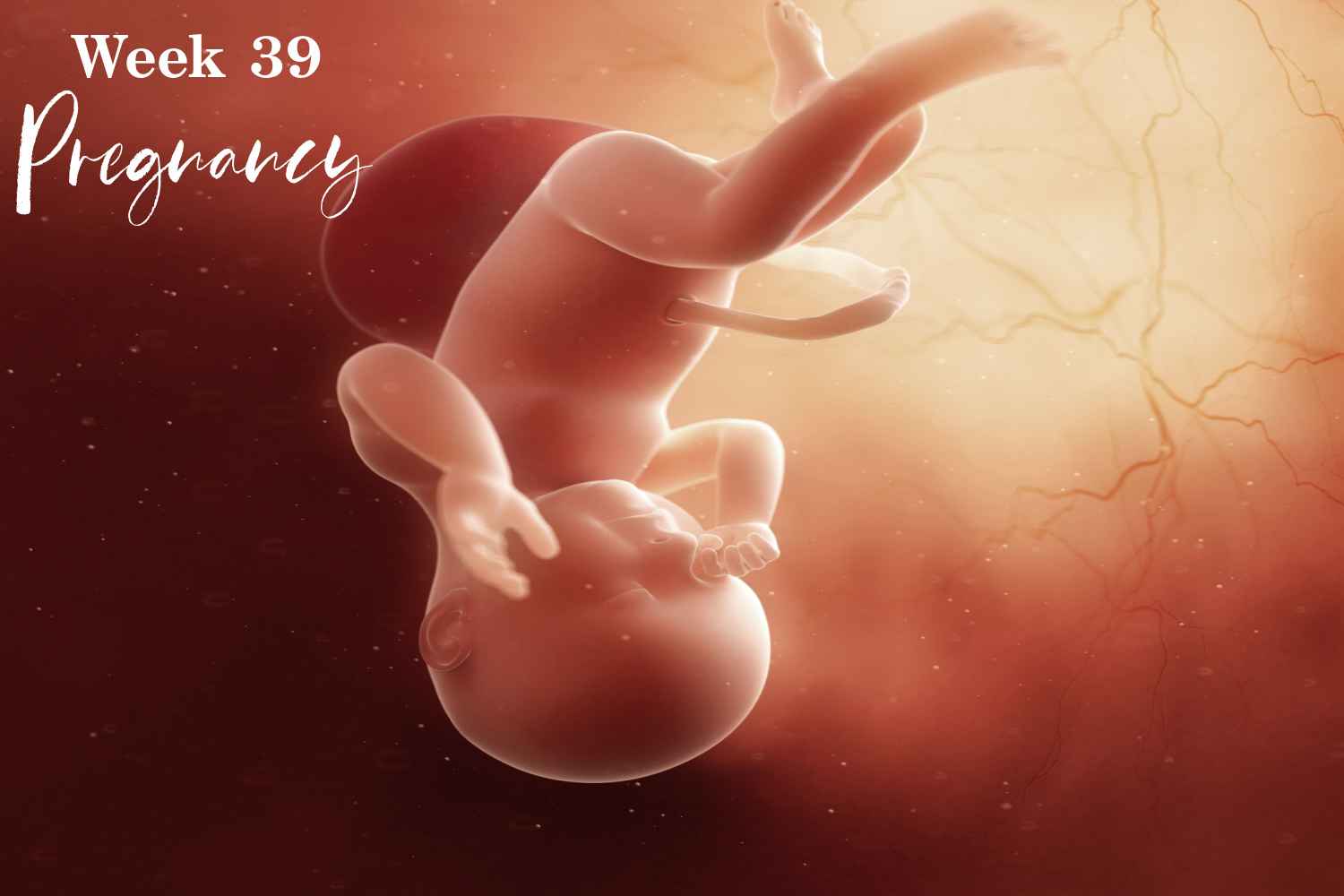
You are almost at the end of the pregnancy journey. Hardly another 10 days before you can meet your bundle of joy. More than the physical changes, your emotional and mental changes can be stronger this week. Your body can change a lot in the 39th week of pregnancy. Are you experiencing new changes this week? Something your fellow mom-to-be is not experiencing? It is quite natural to worry but don’t worry. Some changes are more intense than others this week. So, lets find out how does the body change during week 39 of pregnancy.
How Does Your Body Change During Week 39 Of Pregnancy?
You will continue to experience most of the physical changes from the last few weeks. Some changes that can concern you this week are:
1. Water Breaking
Your water may break this week, setting your labor in motion. You may feel water trickling down or sometimes have a big splash as the mucus plug comes off. It can happen in the least expected time and can dirty your clothes and shoes.
What to do
Once your water breaks, you need to go to the hospital immediately. Even if you are not in active labor, you need to consult your doctor as soon as possible.
2. Braxton Hicks Contraction
Braxton-Hicks contractions are false contractions that may feel very real at this point in your pregnancy. Unlike real contractions, these false contractions will be uncomfortable but not painful. You may not feel the pain radiating through your back either. These contractions will not be regular or increase in intensity.
What to do
You can start timing your contractions to see if they are regular. Try walking or changing your position to see if it will ease the contractions. if the contractions continue, they could be real, and you need to rush to the hospital immediately.
3. Decrease in Libido
If you and your partner have been sexually active throughout your pregnancy, you may see a decline in your libido this week. This could be the fatigue and body aches that are reducing your sexual drive.
What to do?
If you are feeling tired, take a rest. It is time to listen to your body and give it exactly what it needs.
4. Pelvic Pain
As the baby descends into the cervical opening, the discomfort and pain around your pelvis can change and intensify. Your baby might even start nudging their head, causing sudden, sharp pains in your cervical opening. It can become very uncomfortable to sit in a chair or get up after sitting for a while.
What to do?
You cannot do much about this. Your baby is getting ready to come into the world. It is advisable to slow down and rest as much as possible. If the baby’s sudden movement causes too much pain, just stop whatever you are doing and take a few deep breaths.
5. Changes In Fetal Movement
Your baby is fully grown now, with very little space to move. If the baby’s head has not been fixed yet, you can feel their kicks or punches near your pubic bone. It can be quite painful and uncomfortable at times. If the baby’s legs are facing up, their kicks can feel intense around your lungs and stomach.
What to do?
Take it slow and do not move too fast or make any sudden movements. Keep breathing deeply and try talking to your baby in a calming voice if they seem overactive or agitated.
6. Digestive Issues
Your stomach does not have much space for food and digestive juices. You can feel your acidity increasing, leading to indigestion and heartburn. You may not be able to eat as much as before, thus leaving you hungry often.
What to do?
Eat frequent and smaller meals, as your stomach does not have much space. Eating big meals can increase the digestive juice, which can flow up due to the lack of space, resulting in heartburn. Eat less spice and more fiber-rich foods to help with digestion.
7. Other Changes
You will continue to feel most of the changes you have made in the past few weeks. Some of them that are bound to continue are:
- Vaginal gush
- Loss of mucus plug
- Backaches
- Pelvic pain
- Change in fetal activity
- Diarrhea
- Frequent urination
- Indigestion/heartburn
- Fatigue / Decrease in libido
As you near the end of your pregnancy, your patience may decrease. With mounting stress levels, it is natural to think every symptom is related to childbirth. Try to relax, and be ready to go to the hospital at any time. Remember, the date of your delivery or the way you deliver your baby is not completely in your control. It is advisable to mentally prepare yourself to accept the flow.
Happy Pregnancy!
Read Also: How Does Your Body Change During Week 40 Of Pregnancy?
